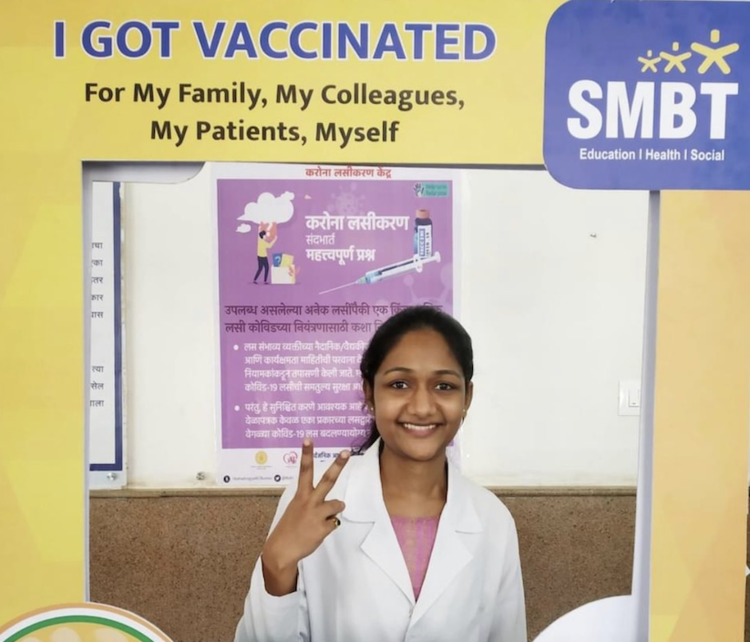India Top Ct Rules the Right to Bodily Integrity Includes the Right to Refuse COVID Shots. Finds No Basis for Discriminatory Treatment of Unvaxed b/c They Don’t Pose Any Greater Risk to Spread COVID
/From [HERE] The Supreme Court of India Monday held that the right to bodily integrity of a person includes the right to refuse vaccination under Article 21 of the Indian Constitution.
The present writ petition was filed by Dr. Jacob Puliyel, a former member of the National Technical Advisory Group of Immunization. The petition challenged the constitutional validity of the vaccine mandates imposed by states like Delhi, Madhya Pradesh, Maharashtra and Tamil Nadu. The petitioner also raised issues of non-disclosure of vaccine trial data, improper collection and reporting of Adverse Events Following Immunisation (AEFIs) and vaccination of children.
The petitioner’s [low budget] case was limited however as it appeared to rest on scientific and newspaper articles as opposed to actual in court expert testimony directly from the doctors and researches themselves.
The Government also contended the ambit of judicial review on the present matter, and the court clarified that it can decide an issue if:
It violates articles of the Constitution;
It dehors the provisions of the Act and the regulations;
The delegatee has acted beyond its power of delegation; or
If the executive policy is contrary to the statutory or a larger policy.
The government has the authority to impose limits on individual rights in the name of public health, but those restrictions must fulfill the court’s three-part legality, genuine necessity and proportionality test established in the Puttaswamy decision.
The court found that mandatory vaccination imposed by various state governments and other authorities in the consideration of the COVID-19 pandemic is “not proportionate” because no sufficient evidence has been presented on the record to establish that the risk of COVID-19 virus transmission from unvaccinated people is higher than from vaccinated people. The court found it undisputed that
“an unvaccinated person does not pose a greater risk than a vaccinated person in terms of transmission of the infection.”
It also stated,
“neither the Union of India nor the State Governments have produced any material before this Court to justify the discriminatory treatment of unvaccinated individuals in public places by imposition of vaccine mandates.”
The court further ordered the Government to publish reports on AEFIs from the general public and physicians on a publicly accessible basis without jeopardising the privacy of those who report adverse events. Lastly, on the issue of vaccination of children, the court held that it won’t second guess the opinion provided by the experts and vaccination shall continue as per global standards and practices.






































































































































































































































































